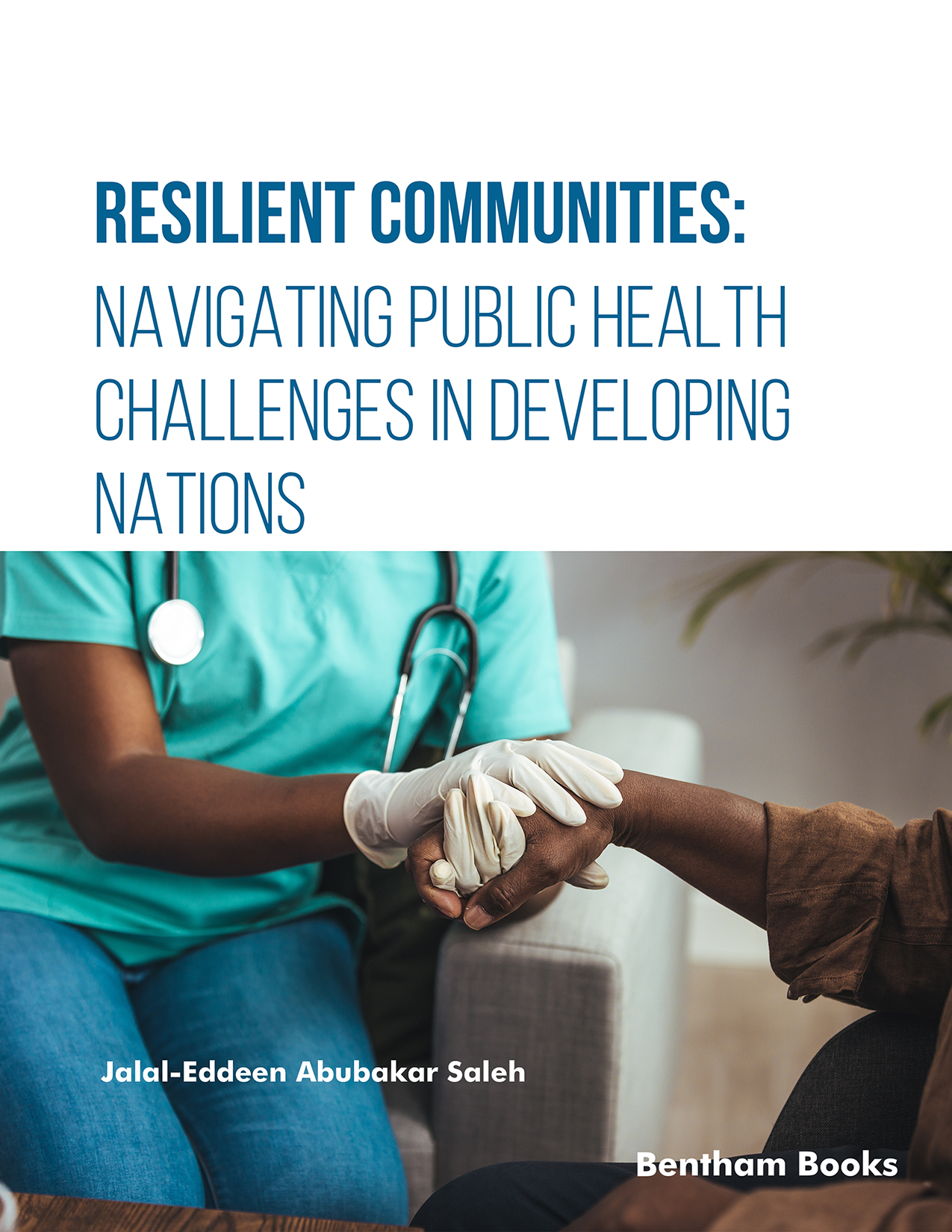In a world that grapples with diverse challenges, there is a beacon of hope that shines brightly – the resilience of communities. The indomitable spirit of these communities, especially in the face of public health challenges in developing nations, is a testament to the power of human determination and solidarity. It is with great honor and enthusiasm that I introduce this book, "Resilient Communities: Navigating Public Health Challenges in Developing Nations", a profound and timely exploration of the intrinsic transformative potential within us.
As a long-time advocate of global health equity, I have had the privilege of having firsthand experienced the remarkable impact of the resilience of communities in shaping public health outcomes. This book serves as an illuminating guide to navigating the complexities and opportunities that are present in the pursuit of health and well-being for all.
The chapters provide an insight into the salient public health challenges in developing nations. The author skilfully navigates the intricate interplay of socio-economic factors, health disparities, and cultural diversity that shape the health landscape. Importantly, he underscores the need to approach these challenges with empathy, recognizing that resilient communities emerge not merely from strength but from compassionate collaboration.
The principle and the power of community-based participatory approaches form the basis of the book. Empowering communities to become architects of their health destiny is not only visionary but an imperative step towards sustainable progress. The author delves into the significance of community engagement, where the voices of those affected by health challenges take center stage in shaping interventions and strategies that resonate with their unique contexts.
In traversing the realms of communicable and non-communicable diseases, maternal and child health, and essential water, sanitation, and hygiene interventions, the book highlights the importance of holistic health solutions. It celebrates the role of preventive measures and early interventions, acknowledging that resilient communities thrive when equipped with the tools to proactively safeguard their well-being.
Moreover, the emphasis on healthcare infrastructure and access is pivotal in understanding the dynamics of public health implementation. With inspiring case studies, the book showcases how innovation, technology, and community-driven initiatives can bridge gaps in healthcare delivery, especially in resource-constrained settings.
While public health challenges may be daunting, the book illuminates the path of resilience amidst adversity. It addresses the vital role of mental health and psychosocial support in nurturing well-being and emphasizes the significance of disaster preparedness and community resilience in safeguarding lives during crises.
In a transformative and empowering chapter, the book highlights the indispensable role of the female gender in driving positive change in public health. It promotes gender equity and provides opportunities for women and girls to lead, creating a powerful force that propels communities toward better health outcomes.
The book resonates with the spirit of innovation, revealing the vast potential of technology in healthcare, from revolutionary mobile health initiatives to data-driven solutions that empower decision-making and enhance impact.
Ultimately, "Resilient Communities" transcends theory and offers a compelling call to action. By recognizing that health systems and governance are the bedrock of sustainable progress, the book encourages collaboration and commitment to building a brighter health future for developing nations.
To the author who has showcased his expertise, passion, and dedication in this book, I extend my commendation. Your painstaking efforts have produced useful guidance for policymakers, public health professionals, community leaders, and advocates.
To all readers who embark on this transformative journey, I invite you to draw inspiration from the stories shared within these pages. May you be moved to embrace the resilience within your communities, ignite change, and champion the cause of health and well-being for all.
Together, let us honor the strength of resilient communities and collectively navigate the path towards a healthier and more equitable world.
Babatunji Abayomi Omotara
University of Maiduguri
Maiduguri 600104, Borno
Nigeria

